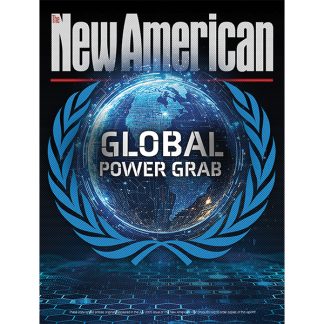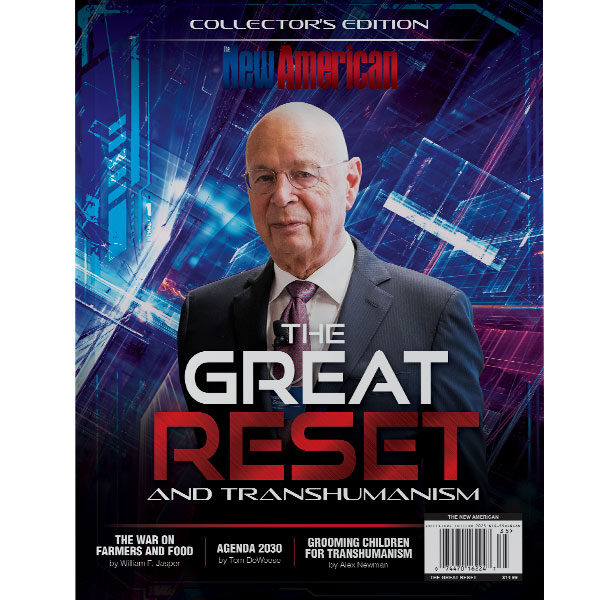The UN’s Agenda 2030: Marxist Stealth Plan for World Government
Price range: $1.99 through $9.95
Control the land and the lanes of travel — you control the people. The UN’s Agenda 2030 explains how a UN-branded program, re-labeled from Agenda 21, filters into city halls, schools, and commerce under “sustainability.” Arthur R. Thompson contrasts those aims with Americanism, names players he observed since the 1960s, and decodes slogans like Great Reset and Build Back Better. Includes an updated appendix dated 2023 and clear chapters on local implementation, education, and corporate tie-ins.
Description
The book opens with a plain thesis: if officials can direct property and movement, they can direct people. From there Arthur R. Thompson shows how Agenda 21 was rebranded as Agenda 2030, with 2030 as the target year for full program penetration. He keeps the focus on the American understanding of rights and limits — and then compares the UN Agenda 2030 world government project against those principles. The contrast is stark because unchecked power grows; it always has.
Early chapters establish terms — “Americanism,” “globalism,” and the Founders’ architecture of divided powers — then move to mechanisms. Thompson details how “local implementation” carries international policy into zoning codes, regional compacts, and budget priorities, where it is harder to see and harder to oppose. Education gets a full treatment in Education for the Earth, where curricular language is used to shape loyalties and habits long before a student votes. Throughout, he connects present slogans — Great Reset, Build Back Better — to the same end: consolidated control.
The narrative is not abstract. Thompson recalls his 1960s investigations into organized radicals — including the Socialist Workers Party and its Young Socialist Alliance at the University of Washington — to show how disciplined minorities use causes to steer institutions. Later chapters widen the lens: preparation for shutdowns, pressure on small business through “shop globally,” and efforts aimed directly at families in They Want Your Children. Definitions, documents, and lived episodes keep the argument anchored.
Readers who serve on councils or boards will appreciate the chapter on “Local Implementation Hiding Globalism.” Parents and teachers can use the education chapter to parse program language. Business owners will recognize how purchasing rules and partnership pledges change behavior without passing a single new law. An appendix dated May 4, 2023, brings the public record current. If you care about keeping authority close to the people, this is a manual for vigilance — and a call to put UN Agenda 2030 world government claims on the table, in public, where they can be answered. (2023ed, pb, 120pp)
You may also like…
-

End Game
Price range: $3.99 through $14.95 Select options This product has multiple variants. The options may be chosen on the product page -

No Farmers No Food reprint
Price range: $0.60 through $1.95 Select options This product has multiple variants. The options may be chosen on the product page -

Global Power Grab/UN reprint
Sale! Price range: $0.25 through $1.95 Select options This product has multiple variants. The options may be chosen on the product page -

THE GREAT RESET and Transhumanism paperback bookazine
$1.00 Select options This product has multiple variants. The options may be chosen on the product page


